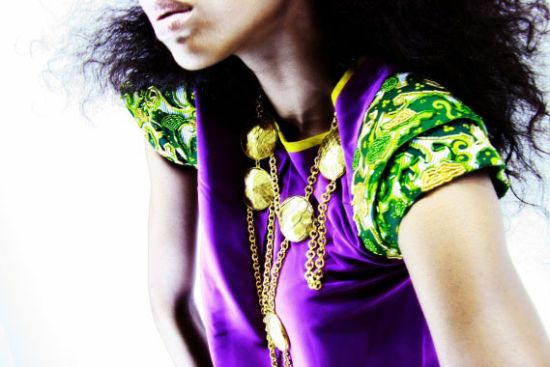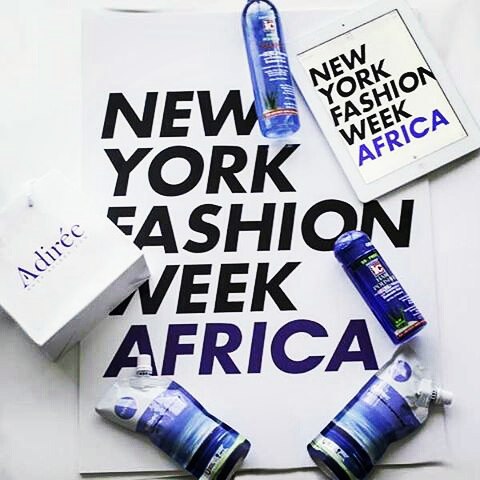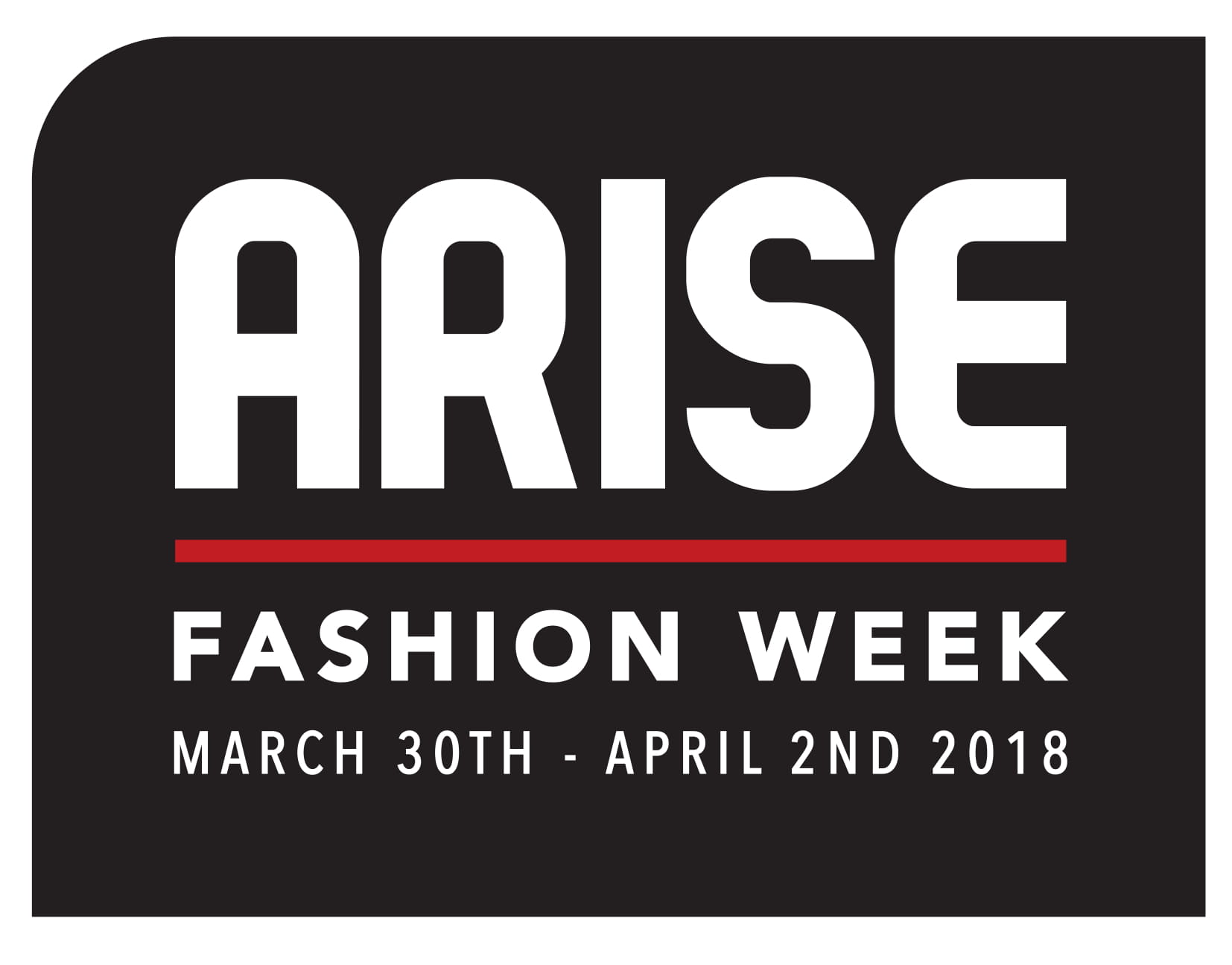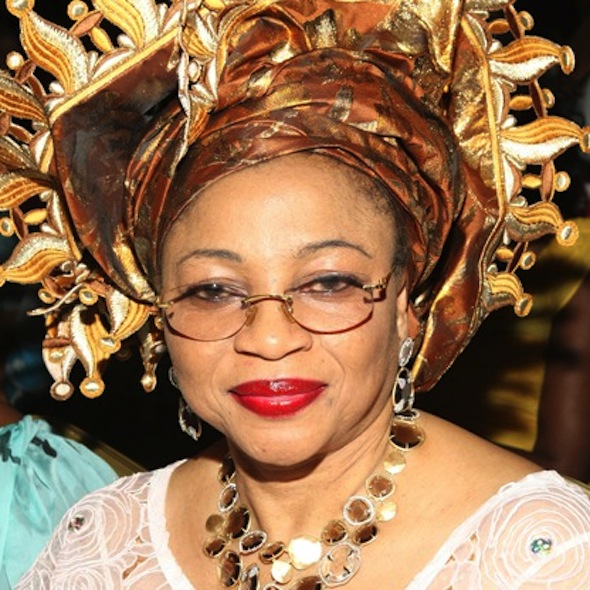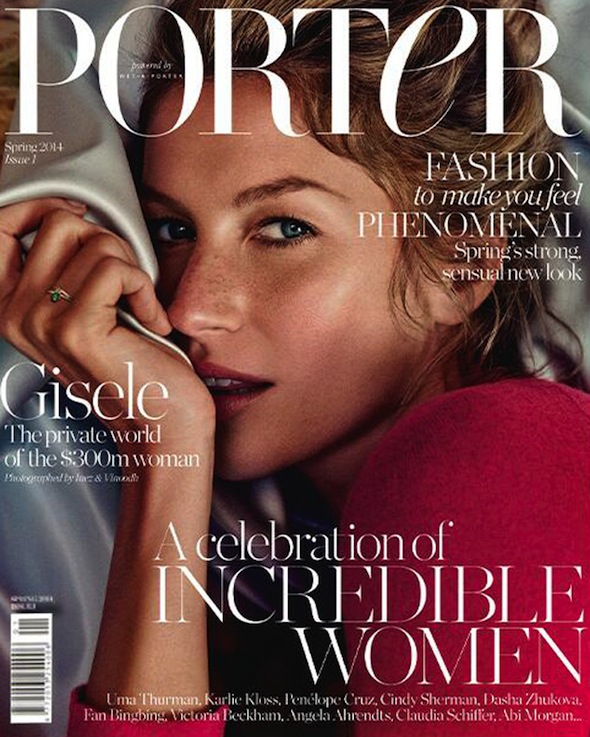 Imran Ahmed’s Business of Fashion Blog wants to know whether Africa could be the next frontier for fashion retail.
Imran Ahmed’s Business of Fashion Blog wants to know whether Africa could be the next frontier for fashion retail.
“NAIROBI, Kenya — In recent weeks, the media hype around Africa has been remarkable, with several articles in major publications proclaiming the continent “the next Asia.” In fashion, Franca Sozzani even dedicated the entire May issue of L’Uomo Vogue to “rebranding Africa,” while this year’s IHT Luxury conference will discuss “the potential of Africa, both as a producer and ultimately consumer of luxury goods.” But to what extent is there a real business opportunity for international fashion retailers on the African continent?
While Africa often serves as inspiration for fashion collections, it’s China, India and Brazil that currently present the greatest growth opportunities as emerging consumer markets. But with large international fashion retailers like Mango, Zara, Levi’s and Gap already active in Africa, and ASOS offering free deliveries to the continent, perhaps it’s time to ask the question: could Africa be fashion’s next frontier?
Growth Drivers
According to a recent Economist Intelligence Unit (EIU) report entitled “Africa: Open for Business,” real GDP growth for Sub-Saharan countries Angola, Kenya, Nigeria and South Africa was forecasted at nearly 4 percent for 2012, with average growth expected to hit 5 percent a year from 2013 to 2016. While these numbers are behind similar estimates for China and India, they are remarkable compared to anemic growth projections in Europe and on par with Brazil and Russia.
Indeed, seven of the world’s 10 fastest-growing economies are currently in Africa, with 70 percent of the continent’s population living in countries which have enjoyed average economic growth rates in excess of 4 percent over the past decade. This steady progress has given rise to a growing middle class. In fact, approximately 310 million people on the continent are now deemed middle class (defined as those spending between $2 and $20 a day at 2005 prices) according to a 2011 report by the African Development Bank, driving demand for products like mobile phones, televisions and fashion.
To be clear, while poverty in Africa is declining, only a small slice of the continent’s population can afford consumer goods, with most purchases coming from the very low end of the price spectrum. But consumption is steadily rising. According to the EIU report, by 2030, Africa’s top 18 countries could have a combined spending power of $1.3 trillion.
Youth culture is also a critical driver of opportunity for fashion retailers in Africa, the youngest of the world’s continents, where the number of 15 to 25 year olds is still growing at an astounding rate. “Western fashion is very popular with this younger generation,” said Joanna Maiden, managing director of SOKO Kenya, an ethical clothing production workshop who manufacturers for clients including ASOS Africa and New York-based label SUNO. “The middle class is moving away from more traditional clothing and going for more contemporary styles.”
“African consumers are no longer satisfied with a third or even second rate offering of products,” added a spokesperson for sportswear giant Adidas. “Their brand awareness is strongly driven by international media exposure through TV, but also through accelerated advancements in internet penetration and accessibility.”
“One of the things that [has] amazed us is that [Africa] is a very brand-conscious market; particularly in our West African markets, in Ghana and Nigeria,” said Mark Turner, Africa director at Mass Discounters (a Walmart subsidiary) at a conference held in Cape Town earlier this year. “It is a market that travels extensively and has access to [the] internet. It is amazing how sophisticated that customer is.”
South Africa First
But it’s clear that not all African countries have developed equally and, thus far, international fashion retailers have largely focused their efforts on South Africa, by far Sub-Saharan Africa’s most developed economy.
Levi’s, long considered a leader in new market expansion, introduced their jeans to South Africa following democratic elections back in 1994 and have since built a trusted status brand that has been highly successful amongst the country’s growing middle class. “Emerging markets tend to be defined by a booming middle class of brand conscious and aspirational consumers who show their status through an outward expression of their wealth through the brands that they consume,” commented Lauren Kulhmey, Levi’s brand manager in South Africa.
Other fashion and apparel retailers, though intially slow to follow, have accelarated their South Africa activities in the last year. Zara opened it’s first store in Johannesburg in 2011, followed by a second store in Durban’s Gateway Shopping Mall in March 2012. Meanwhile, Gap has opened two stores in South Africa, both in the past year. “The country represents the largest retail market in Africa and one of the most stable economies on the continent,” commented a spokesperson for Gap. “This combined with a high rate of tourism and a rapidly growing demand for international retail brands makes South Africa an ideal environment in which to bring our store experience.”
Beyond South Africa
Beyond South Africa, countries with the highest potential include Nigeria, Ghana and Kenya. Nigeria, Africa’s largest oil producer which recently scrapped its textile import ban, driving renewed interest from international fashion and apparel retailers, is currently home to brands including Levi’s, Mango, Nike and Swatch, which have set up stores in the Palms Shopping Mall in Lagos.
“Just because bad stuff is happening in places like Zimbabwe, it doesn’t mean there aren’t good things happening in places like Ghana,” said Richard Dowden, director of the Royal African Society. Indeed, in Ghana, the discovery of a sizeable oilfield in 2010 has stimulated substantial GDP growth and increased incoming migration flows. International brands such as Mango, Nike, Puma and Swatch operate stores in Ghana’s capital Accra, with the Accra Mall becoming a significant destination for fashion. . .
Busines of Fashion.com has the full story.
Photocredit: MyAsho.com/UK based online African owned fashion retail store
Founded in 2007, Ladybrille® Magazine is a California based pioneer digital publication demystifying the image of Africans in the west through contemporary African fashion and celebrating the brilliant woman in business and leadership, with an emphasis on the African woman in the diaspora. Our coverage includes stories on capital, access to markets, expertise, hiring and retention, sales, marketing, and promotions.

